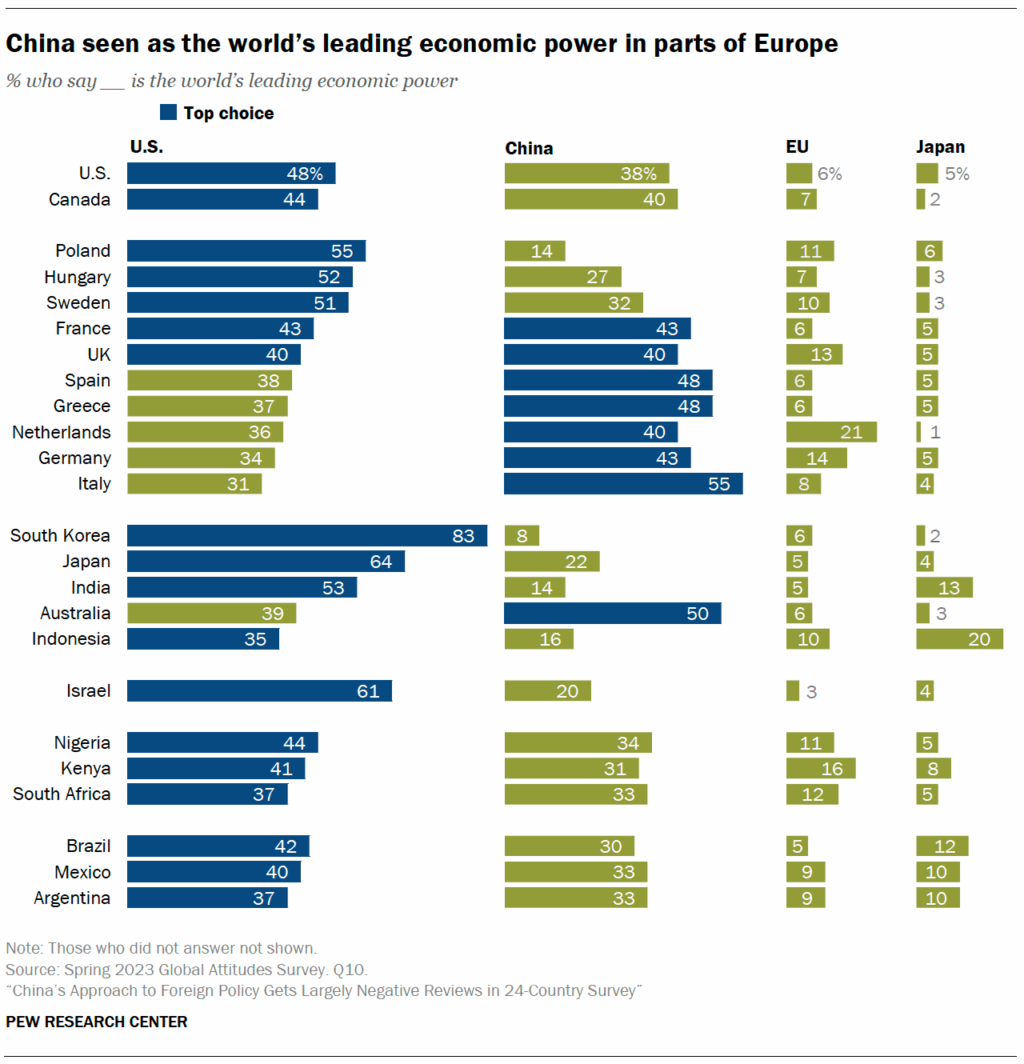
Introduction
The economy is a crucial aspect of everyday life that affects global markets, job opportunities, and standards of living. In 2023, discussions surrounding the concept of the ‘best economy’ have become increasingly relevant, as nations strive to bounce back from the repercussions of the COVID-19 pandemic while addressing challenges like inflation and supply chain disruptions. The assessment of what constitutes the best economy has evolved, influenced by sustainability, technological advancements, and social equity.
Current Economic Trends
As of 2023, several economies are frequently highlighted for their strong recovery trajectories and innovations. Among these, the United States, Canada, and Germany have shown robust growth, with GDP increases projected at 2.5%, 2%, and 1.8% respectively according to the International Monetary Fund (IMF). A significant part of this recovery is attributed to investments in green energy, technology, and infrastructure, which are increasingly important for long-term sustainability.
In contrast, emerging markets like India and Brazil are also catching attention with their projections for growth exceeding 5% in the coming years. These economies are leveraging their young populations and increasing digitalization to foster economic activities across various sectors.
Investing in Sustainable Practices
One of the defining characteristics of the best economies in 2023 is a focus on sustainable development. Countries are looking to balance economic growth with environmental protection and social inclusion. For instance, Canada’s commitment to net-zero emissions by 2050 has spurred a wave of investment in renewable energy and green technologies. According to a report by Clean Energy Canada, the transition to a clean economy could create over 400,000 jobs in the next ten years.
Conclusion
The best economy is more than just numerical growth; it involves creating resilient structures that can withstand future challenges while prioritizing sustainability and equity. Experts predict that as nations continue to adapt to new realities, economies focusing on innovation, inclusivity, and ecological health will lead the way. Understanding these trends is vital for individuals and businesses as they navigate the complexities of a rapidly changing economic landscape. The future undoubtedly holds exciting possibilities for those who are prepared for the evolving definition of economic success.



